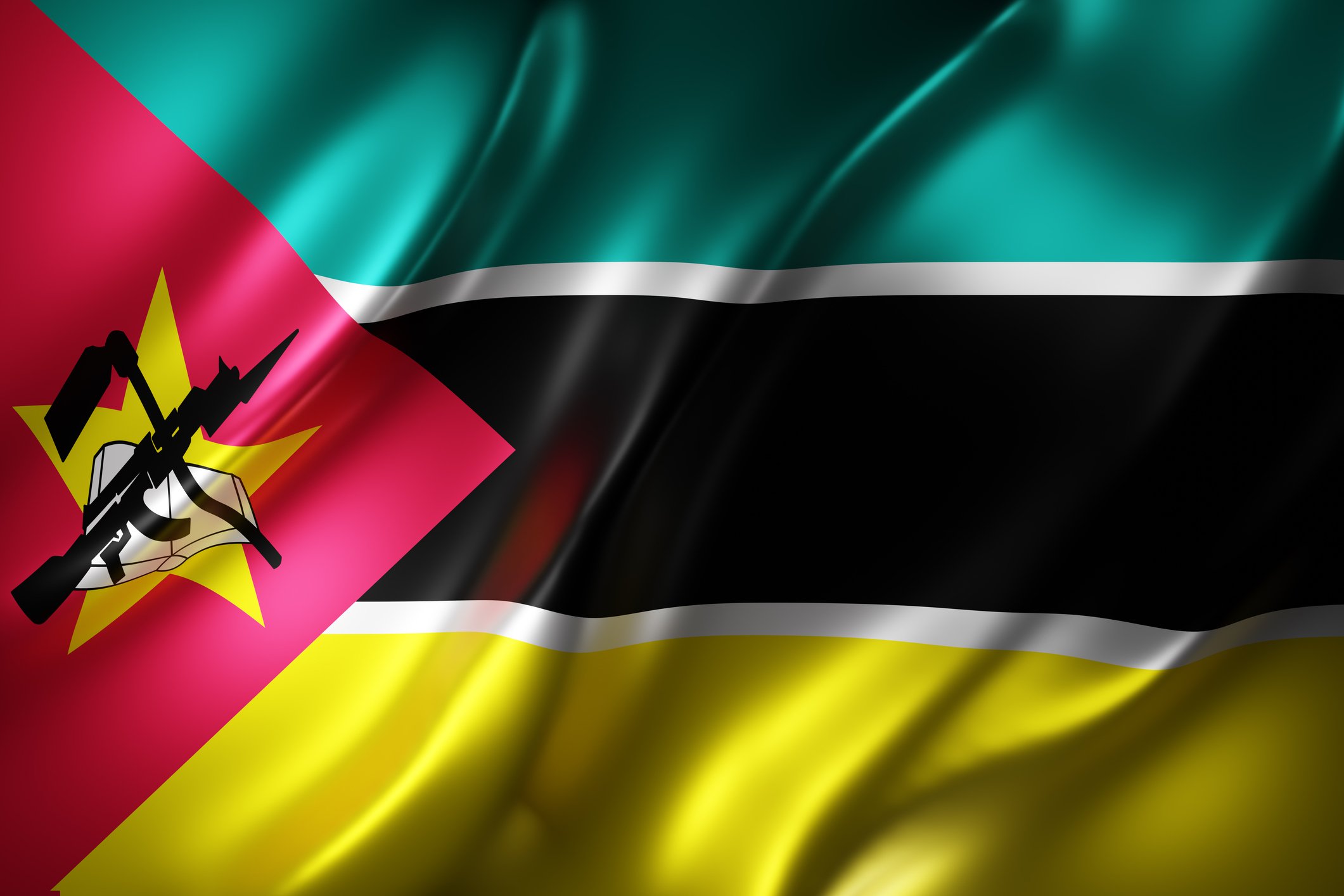
Mozambique SWOT Analysis
Strengths
Rich Natural Resources: Significant gas reserves, coal, and minerals position Mozambique as a key player in the global LNG market, complemented by the Rovuma Basin's gas discoveries.
Agricultural Potential: With vast arable lands and favorable climate conditions, Mozambique has the capacity to become a regional agricultural hub.
Strategic Location: Its Indian Ocean coastline offers strategic advantages for maritime trade, providing access to landlocked neighbors.
Renewable Energy Potential: Opportunities for hydroelectric power from the Zambezi River, alongside solar and wind resources, support sustainable energy development.
Weaknesses
Infrastructure Deficits: Development is hindered by inadequate infrastructure in transportation, electricity, and water supply, especially in rural regions.
Political and Regulatory Risks: Challenges in governance, corruption, and regulatory uncertainties may deter foreign investments.
Human Capital Constraints: A lack of skilled labor and education in sectors like oil & gas and advanced agriculture limits productivity and innovation.
Economic Dependency: Reliance on natural resources makes the economy susceptible to global price fluctuations and economic volatility.
Opportunities
Gas Projects Development: LNG project development could revolutionize the economy through infrastructure growth, investment, and job creation.
Agricultural Diversification: Potential for high-value crops and agro-processing industries to enhance exports and reduce import dependency.
Renewable Energy Expansion: Leveraging renewable energy sources could fulfill domestic needs, supply regional markets, and promote environmental sustainability.
Regional Integration: Engagement with the SADC and AfCFTA may offer market access and integration into regional value chains.
Threats
Climate Change Impacts: Vulnerability to climate change with heightened risks of droughts, floods, and cyclones affecting key sectors.
Geopolitical Tensions: Security concerns, especially in northern areas critical to gas projects, due to insurgent activities threaten investments and project timelines.
Economic Instability: High debt levels and reliance on external funding and investments pose risks to economic stability and growth.
Global Market Volatility: Commodity price fluctuations can adversely affect the energy and agriculture sectors, influencing investment and economic growth.
Mozambique is distinctly characterized by its rich endowment of natural resources, which forms the bedrock of its economic potential. The discovery of substantial natural gas fields in the Rovuma Basin has catapulted the nation into the limelight as an emerging heavyweight in the global LNG market. This, coupled with significant coal and mineral deposits, underscores Mozambique's strength in natural resources. The agricultural sector, backed by expansive arable land and favorable climatic conditions, presents yet another area of robust potential. Only a fraction of this land is under cultivation, hinting at the untapped opportunities for agricultural expansion and diversification. Furthermore, Mozambique's strategic location with an extensive Indian Ocean coastline positions it as a pivotal maritime and trade hub. This geographical advantage offers a gateway for access to landlocked neighbors, enhancing its regional trade prospects. The country's renewable energy sector, with substantial hydroelectric power from the Zambezi River and promising solar and wind energy resources, represents a cornerstone for sustainable development and energy independence.
Despite these strengths, Mozambique grapples with significant challenges that temper its growth prospects. The country's infrastructure, crucial for economic development, remains underdeveloped. Transportation networks, electricity, and water supply systems, especially in rural areas, are inadequate and hinder operational efficiencies across sectors. Governance issues, manifesting as political and regulatory risks, along with corruption, present formidable challenges to business operations and foreign investment. The workforce, lacking in skills and education, particularly in specialized sectors, underscores a critical human capital constraint. Additionally, the economy's heavy reliance on natural resources makes it susceptible to global price fluctuations, leading to potential economic volatility.
The LNG projects in Mozambique herald a transformative phase for the economy, offering vast opportunities for investment, job creation, and infrastructure development. The agricultural sector, with its potential for diversification into high-value crops and agro-processing industries, stands to significantly reduce food imports and enhance export value. Mozambique's renewable energy resources offer a path to meet domestic energy demands sustainably and supply regional markets, thus promoting environmental sustainability and reducing fossil fuel dependency. Moreover, the country's engagement in regional economic communities, such as the Southern African Development Community (SADC) and the African Continental Free Trade Area (AfCFTA), opens doors to expanded market access and integration into regional value chains, fostering economic growth and resilience.
However, Mozambique faces imminent threats that could derail its progress. The adverse impacts of climate change, including the increased frequency and severity of droughts, floods, and cyclones, pose significant risks to agriculture, energy production, and infrastructure. Geopolitical tensions, especially in northern regions critical to gas projects, threaten the security and viability of investments. The country's economic stability is also at risk, challenged by high debt levels and reliance on donor funding and foreign investment, which could lead to instability and hinder development prospects. Global market volatility, particularly in commodity prices, further impacts the profitability and sustainability of the energy and agricultural sectors, affecting investment flows and economic growth.
Mozambique stands at a crossroads, with its vast natural resources and strategic advantages positioning it for significant economic transformation. The development of the LNG sector, alongside potential growth in agriculture and renewable energy, presents a promising future. However, addressing infrastructural deficits, enhancing governance, and building human capital are imperative to realize this potential. Moreover, navigating the threats of climate change, geopolitical instability, and global market fluctuations requires strategic foresight and robust planning. As Mozambique endeavors to capitalize on its strengths and opportunities, mitigating its weaknesses and external threats will be crucial in steering the country towards sustainable growth and development in its energy, agriculture, and oil & gas sectors. This analysis not only highlights the complexities of Mozambique's economic landscape but also serves as a guide for stakeholders, including investors and policymakers, to make informed decisions that leverage the country's potential while navigating its challenges.

Design Your Partnership With Masco
Let’s Talk
